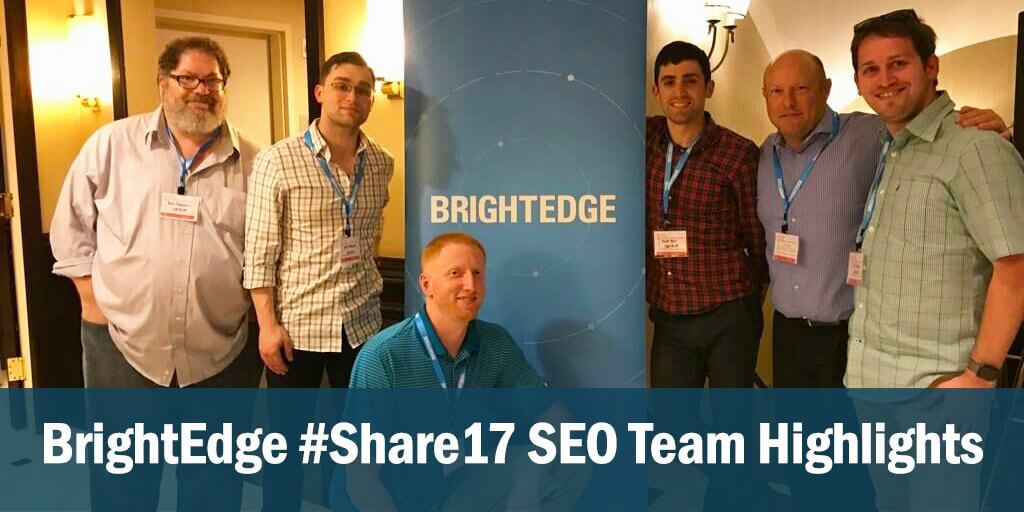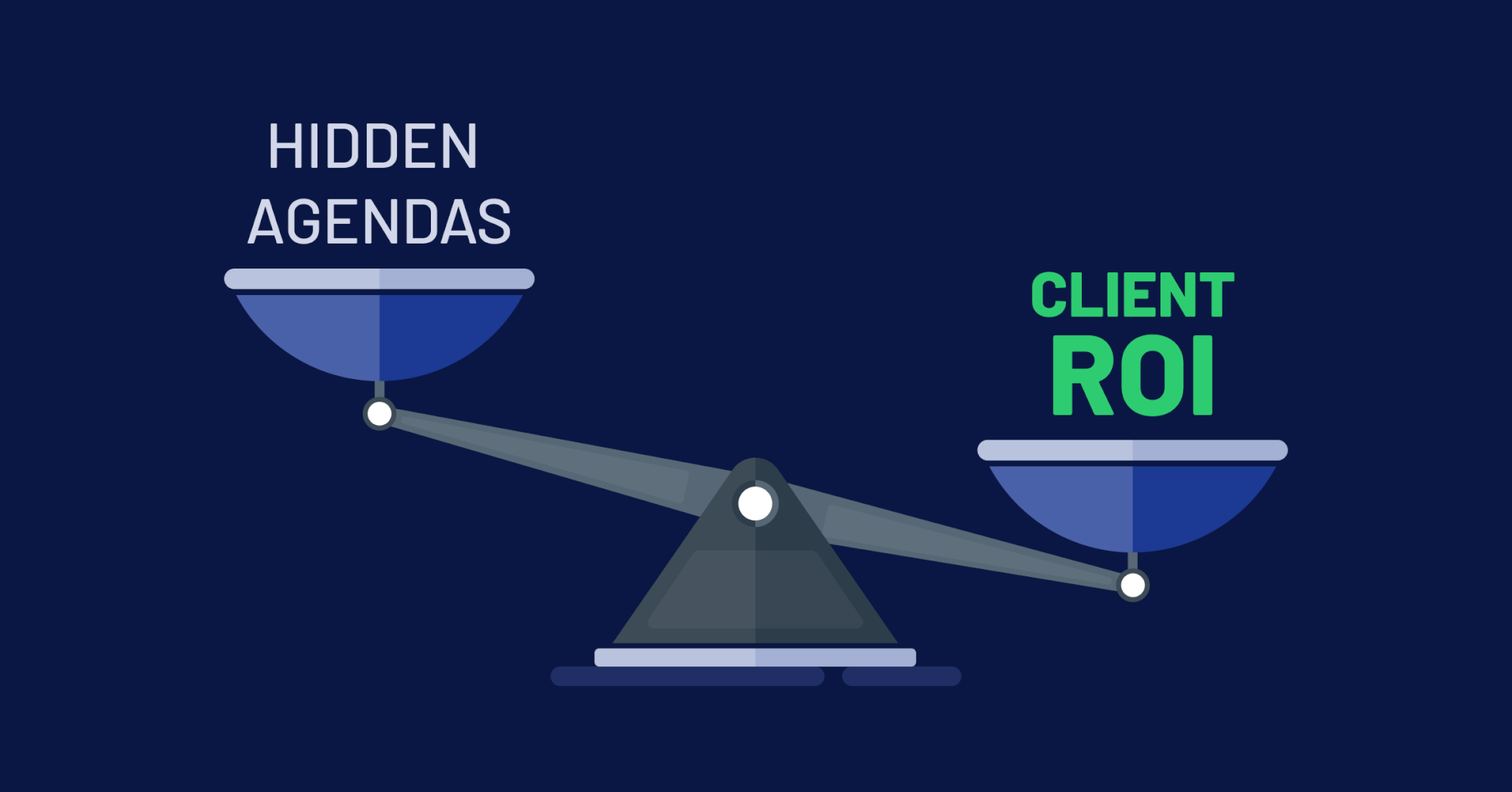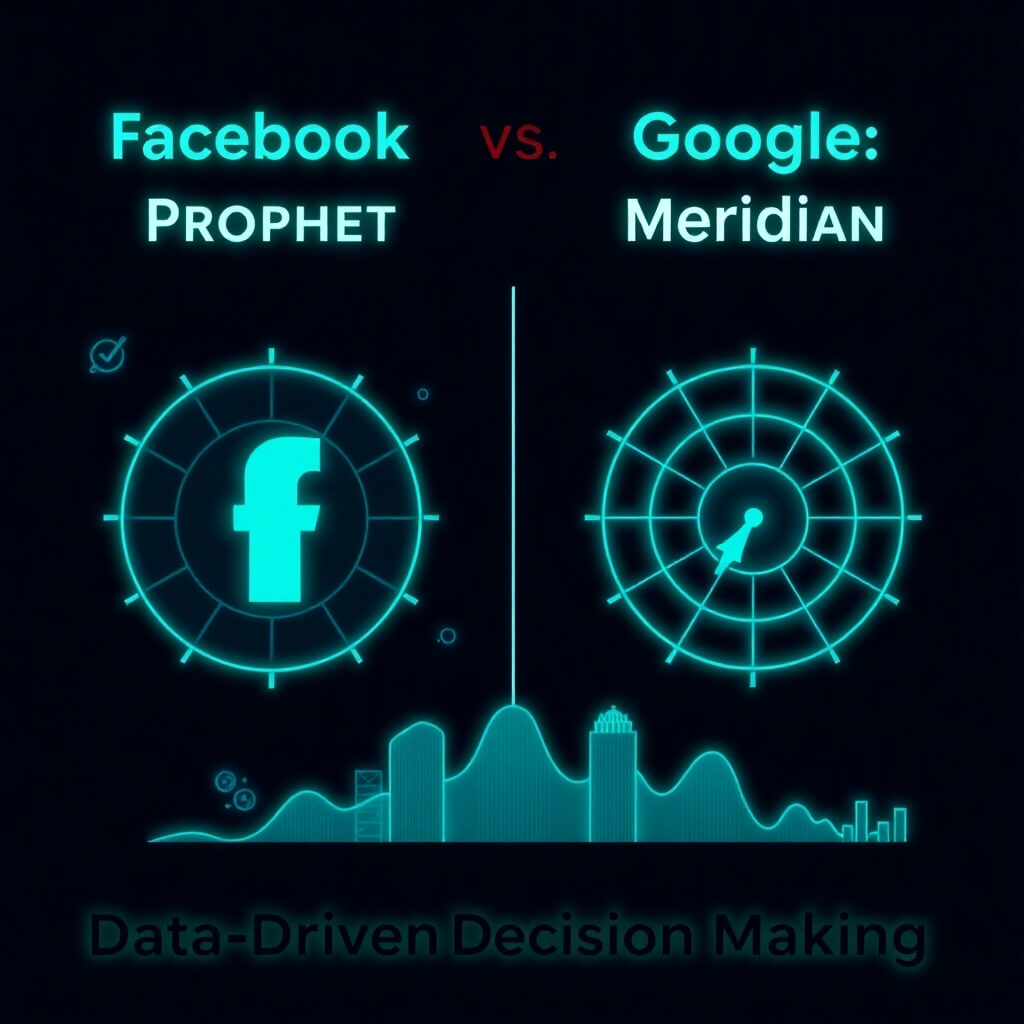
This past Thursday, May 18th, Overdrive Interactive’s SEO team took a trip to New York for the BrightEdge Share17 conference focusing on the future of SEO, search, and digital marketing.
The team learned how the top industry leaders have grown search and SEO into core elements of their marketing initiatives, and what new developments, such as voice search, are worth jumping on right now.
Over the course of the day, there were several sessions exploring the new concepts and new tools that are shaping organizations. Below are the highlights of the event, and the most insightful ideas the team encountered at the conference.
The New Concepts in Search
Companies across many different industries are starting to embrace SEO as a necessary part of product development and marketing strategies, rather than being an afterthought of the process. When it comes to how SEO has evolved, the purpose remains the same, which is to provide a good answer for searches, but the input and output relationship has grown from being solely related to text inputs and text outputs to including all the relevant kinds of media, from images and video to voice, and outputting various media results.
Collin Colburn, an analyst at Forrester Research and the first presenter of the day, discussed how the future of search is always changing, and many questions remain. Voice search is growing, and creating serious competition for Google when it comes to information discovery. Users are becoming more used to being presented with data, rather than clicking into websites, leading us to ask if we will ever encounter a problem where the SERP will become so good at answering questions nobody will click into the websites anymore!
The presenters noted that the communication methods of search are moving backwards compared to how we as a species have always communicated. We started communicating with our voices, then learned how to draw pictures, then finally created written language. SEO and search on the other hand, started with text, then grew to include pictures and videos, and our voices are the next form of output that is currently being refined.
The SERP has certainly become highly contextual in this respect. The search results now reflect a lot of our personal preferences and results that are unique to us and our location. This means that the “buyer’s journey” is not as linear as it used to be. Sean Kainec, director of SEO at Comcast, said that the “sales funnel” is no longer a funnel, but more like a bowl of spaghetti, with many entrances and exits, and much harder to contain. Everything is now built around “micro-moments”, when users are searching for something with a specific intent such as learning when a movie starts that night, or the best place near them to buy a pair of running shoes. These micro-moments are the entrances and exits of the funnel, and they can appear anywhere and anytime, and the SERP now reflects those moments with every search.
Amy Manning and Michael Kirchhoff, both senior directors at BrightEdge, pointed out that this contextualized SERP means that content creators must keep some things in mind if companies are to remain relevant:
- Ensure the keyword phrase is in the content
- Use proper nouns in the body copy
- Optimize the code of the page, & make content easy to digest
- Optimize the on-page SEO
- Maintain good site architecture
- Implement schema markup
This content strategy helps keep the content relevant and optimized for all your users from an SEO perspective, and adapts well with micro-moments.
The Experts Weigh In
From the head of SEO at IBM, Ellen Mamedov, director of marketing at L’Oreal, Carlos Spallarossa, to the VP of digital marketing at Saks Fifth Avenue, Kristen Mitchell, the industry panels offered their unique insight on how their companies have grown and have utilized search and SEO to help extend the reach of their companies and how they’re most proud of adapting to the rapidly changing environment.
Kristen Mitchell said she was most proud of how she implemented advanced attribution methods to the SEO initiatives at Saks Fifth, and succeeded in selling the concept as being a crucial element of marketing and product development. Courtney Goldstein, senior VP of digital sales and marketing at Comcast, said she was most proud of growing the team and sharing the value of the service across different departments. In the past, she notes, SEO and digital media were just small bullet points in a long list of media initiatives, but now they’re the core of the projects.
Sean Kainec, director of SEO at Comcast, said he’s learned that SEO is not a sprint, but a marathon, and that investing in SEO will eventually return more value than if they were to chase after small, short-term gains. After all, competition is inherently long-term.
How BrightEdge Tools Can Help
Throughout the conference, BrightEdge highlighted how their upcoming projects and new tools would help companies to take advantage of these insights.
One tool, Hyperlocal, is BrightEdge’s tool for narrowing your analysis of performance to very specific and custom locations so your insights can reflect your true audience.
Another tool, Intent Signal, was the highlight of the upcoming projects that can capture the micro-moments that the expert panels were discussing. Identifying keywords and searches based on the intent and path of the users will be invaluable information for projects with specific marketing goals trying to reach specific audiences with those same goals in mind.
What it Means for Your Organization
As Sean Kainec said during his presentation, we’re growing beyond “Search Engine Optimization” and shifting more towards “Site Experience Optimization”. With all the rapidly evolving elements of site design and how search engines are searching for new content, the simple idea of optimizing an experience that will be relevant and enjoyable for the user will be the best way to capture what we do as digital marketers.
SEO and search marketing can no longer be afterthoughts and must be a priority for any initiative. It will help to make an internal learning calendar to keep your employees up to speed on what’s happening in the industry. Moving forward, learning what motivates different segments of traffic, and making search a priority for your organization will be a key element.
Dan Mooney, the director of digital analytics at Wiley outlined three key steps all companies are going to have to take to adapt quickly:
- Segment your audience
- Become fluent in finance
- Network like crazy
Understanding your audience segments, and understanding how to incrementally budget your resources, are what Mooney says will provide the most impact for your digital marketing efforts.
Moving Forward with Digital Marketing
As it stands, the biggest tips for adapting are to shift your mindset about marketing to make digital media and SEO the core elements of your initiatives and to make sure you’re reading up on voice search and how to integrate with it.
The Overdrive SEO Team will certainly be learning a lot more in the months to come, and we plan on keeping everyone up to speed on what we find out!
Learn more about the BrightEdge Share Insights Tour.
Need help setting up your organization for SEO success?
Overdrive Interactive is an SEO company in Boston that drives measurable ROI. Our search engine optimization programs not only drive natural search traffic – they connect prospects to high quality user experiences that encourage desired behavior. Our SEO services and the resulting search engine presence connects visitors to content that satisfies their needs. As an award-winning Boston SEO agency, we are passionate about your success!





